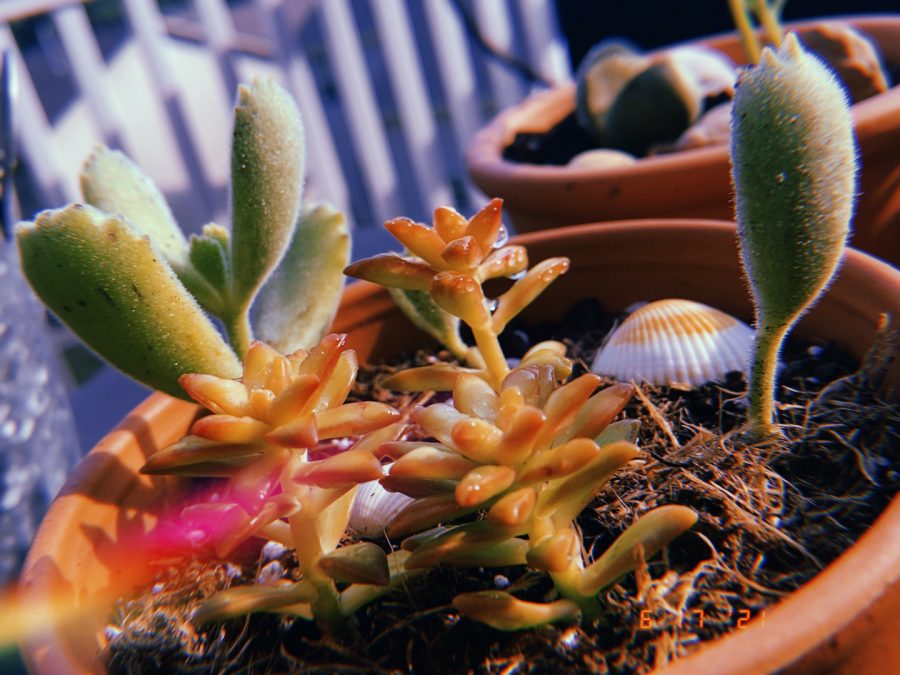Mosquitoes carrying West Nile Virus have been discovered in south and north county, although no human cases have been reported, according to the county Department of Health.
Positive results have been reported in mosquitoes in Calverton Park, Castlepoint, Dellwood, Florissant, Mehlville and Webster Groves, the health department reported last week.
“Positive mosquito tests are a reminder that preventative measures are important,” Department of Health Director Dr. Dolores J. Gunn stated in a news release. “Even though serious West Nile Virus cases in humans are rare, it is important to minimize our exposure. We can do this by eliminating opportunities for mosquitoes to breed and multiply, and protect ourselves by using repellants.”
Floodwater mosquitoes, which do not carry West Nile Virus, have been emerging in recent weeks and are active in daylight hours as well as being attracted to bright lights at night.
Here are steps residents can take to reduce the opportunities for mosquitoes to flourish:
At least once a week, drain water from garbage cans, buckets, toys, flowerpots, wading pools, pet dishes and other objects that collect water. Change the water in bird-baths at least once a week.
Keep gutters cleaned out and repair any tears in door and window screens.
Wear long-sleeved shirts, long pants and light colors outdoors.
Spray clothing with repellents containing DEET or picaridin, making sure to follow the directions on the label.
Look for products containing the active ingredient methoprene or Bti — Bacillus thuringiensis israelensis — to place in birdbaths or ponds, to prevent mosquitoes from developing.
Flexible drainage pipe is commonly used to drain water from downspouts. A big drawback is that it holds water and breeds mosquitoes if not properly sloped when installed.
The health department routinely collects mosquito samples to test and help determine where to focus control efforts. Vector Control monitors and treats standing water in public areas as part of its preventative larviciding program. To find out where the county will be spraying, call (314) 615-4-BUG — (314) 615-4284 — for the nightly mosquito-spraying schedule.
For additional information about mosquito prevention, contact the Vector Control office at (314) 727-3097 or visit the county Department of Health’s website at
.



















